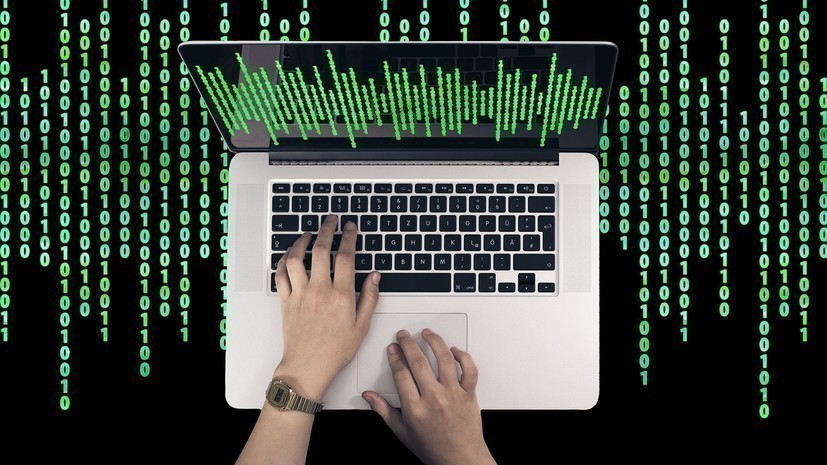“There are types of malware that practically do not give out their presence, but at the same time they can send intruders data that the user enters from the keyboard, including usernames and passwords from accounts in social networks, online stores or online bank”, - said Oleg Sedov, Director of Cyber Security for the Public at Rostelecom-Solar.
Experts advise to follow the so-called digital hygiene: install and regularly update antivirus, not enter username and password on suspicious sites, use sleep mode, make backup copies of important information on external USB-media, create different and more complex passwords for different sites, use two-factor authentication.
Among other things, it is not recommended to open suspicious files from e-mails, follow unchecked links and install pirated software.
Earlier, the head of Sberbank, German Gref, stressed the urgency of the problem of cyber security for all spheres of life in the light of globalization and rising crime.

